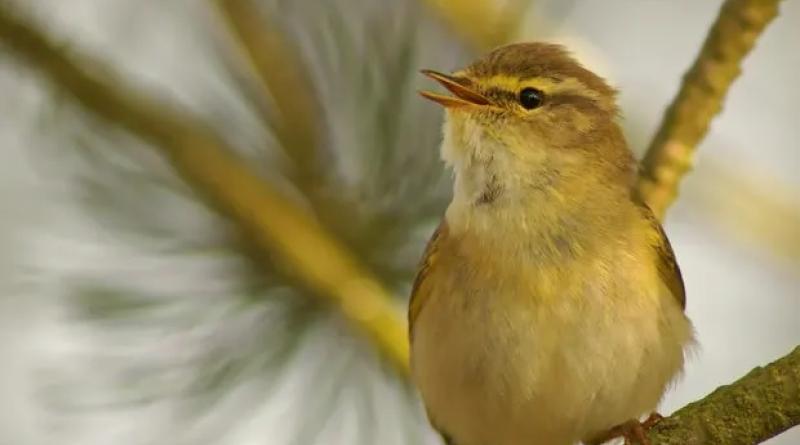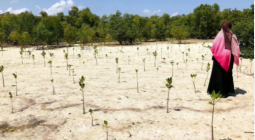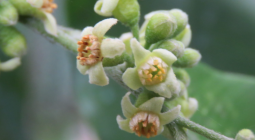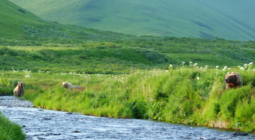Plants at risk of extinction as climate crisis disrupts animal migration

Heating and habitat loss drive birds and mammals to cooler areas where plants can not follow, study shows
The decline of seed-dispersing animals is damaging plants’ ability to adapt to climate breakdown, a study has found.
Almost half of all plant species depend on animals to spread their seeds, but scientists fear these plants may be at risk of extinction when animals are driven to migrate to cooler areas, as plants cannot easily follow.
Researchers used machine learning from more than 400 seed dispersal networks worldwide to examine what would happen when animals left areas affected by global heating.
They found these plants’ capacity to adapt to climate change has already dropped by 60% globally. The researchers warn this may lead to the permanent loss of some species.
“The goal of this project is to understand what we are losing when we move species from their ecosystems and the roles those species are playing that are going to be lost when they disappear,” said Dr Evan C Fricke, an ecologist at Rice University in Texas and lead author of the paper published in the journal Science.
“For example, birds and mammals are often hit hard by habitat loss and direct exploitation but they play an important role as seed dispersers. We wanted to understand what the decline of birds and mammals means for plants’ ability to keep pace with climate change.”
“Climate change and the global decline of bird and mammal biodiversity [are] tightly linked,” said Fricke. “First, seed dispersers help plants’ ability to track climate change. But that process is sufficiently disrupted, so much so that the plant species can no longer persist under an altered climate. The study shows that the decline of this biodiversity, on a global scale, puts our climate resilience at risk – the global resilience for forests and other plant communities to deal with climate change.”
The research examined how crucial seed dispersal is for the survival of plants.
“Plants by definition stay put, so they’ve always relied on animals for seed and pollen transport,” said Prof Carlos Peres of the University of East Anglia, who was not involved in the study. “Yet humans have systematically driven wide-ranging large-bodied seed dispersers to extinction in both history and prehistory, and we continue to decimate their populations to this day, particularly in the tropics.
“This study shows that these baseline dispersal functions have drastically shrunk since humans conquered all islands and continents, leaving plants little adaptive resilience against the current ravages of climate change.”
The report also offered solutions, including that more space should be given to habitats that are useful for plants and biodiversity, in order to restore the plant community.
cover photo: Willow warblers disperse seeds from Europe to sub-Saharan Africa but are spending less time in the south. Photograph: Imagebroker/Rex/Shutterstock






